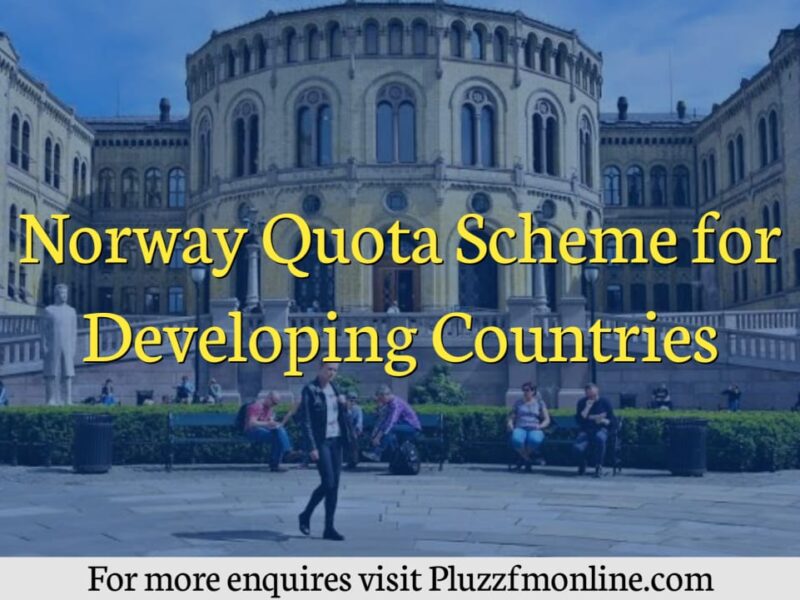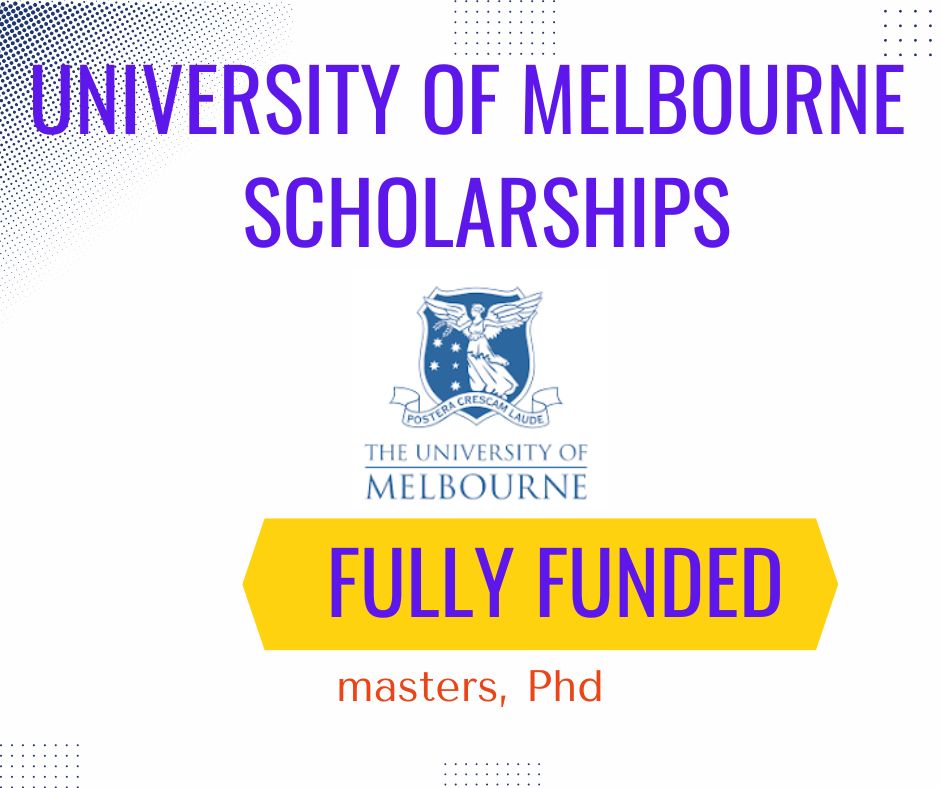The Norway Quota Scheme for Developing Countries is offered by the Norwegian government to unlock dreams for students from developing countries, providing access to high-quality master’s and PhD programs at renowned Norwegian universities and university colleges.
Unveiling Norway Quota Scheme for DevelopingCountries
The Norway Quota Scheme for Developing Countries is a prestigious scholarship program established by the Norwegian government to foster international collaboration and contribute to capacity building in developing countries. It offers full scholarships to qualified students, covering tuition fees, living expenses, and other associated costs.
Why Choose Norway Quota Scheme for DevelopingCountries? Unveiling the Benefits
Beyond the financial advantages, the Norway Quota Scheme for Developing Countries offers several compelling benefits for students from developing countries:
- Experience World-Class Education: Immerse yourself in a rigorous academic environment taught by renowned professors and industry experts.
- Global Exposure: Network with diverse classmates from over 90 nationalities, enriching your academic and personal experience.
- Career Advancement: Gain a prestigious degree recognized worldwide, opening doors to exciting career opportunities in Norway and beyond.
- Cultural Exchange: Immerse yourself in the unique Scandinavian culture, fostering personal growth and international understanding.
Exploring Eligibility and Application Requirements
Who Can Apply for A NorwayQuotaSchemeforDevelopingCountries?
To be eligible for the Quota Scheme, you must fulfill specific criteria:
- Be a citizen of a developing country on the OECD’s DAC list, categorized as “lower-middle-income” or below.
- Possess a relevant bachelor’s degree (or equivalent) from an accredited institution with strong academic performance.
- Meet the English language proficiency requirements (TOEFL or IELTS).
- Demonstrate a strong commitment to returning to your home country after completing your studies to contribute to its development.
Target Countries and Regions:
The Norway Quota Scheme for Developing Countries primarily targets students from:
- Sub-Saharan Africa
- Latin America
- Asia
- Eastern Europe and Central Asia
- Palestine
Academic Background Requirements:
Your chosen master’s or PhD program will have specific academic requirements beyond the general eligibility criteria. Ensure you meet the program prerequisites and possess the necessary academic background for successful application.
Language Proficiency Requirements:
English language proficiency is essential for success in accessing Norway Quota Scheme for Developing Countries. Consult specific program requirements and ensure you meet the minimum TOEFL or IELTS score required.
Crafting a Compelling Application: Essential Steps and Tips
To increase your chances of securing a Norway Quota Scheme for Developing Countries financial aid, remember to:
- Research meticulously: Explore the list of participating universities and programs on the official Quota Scheme website.
- Choose the program that aligns with your academic interests, career goals, and eligibility criteria.
- Gather all required documents well in advance, including transcripts, standardized test scores, and reference letters.
- Craft a compelling personal statement highlighting your academic achievements, career aspirations, and motivation for pursuing your chosen program in Norway.
- Proofread your application materials and ensure they are complete, accurate, and free of errors.
Navigating the Application Process: From Start to Finish
Assembling Necessary Documents
Gather all required documents as listed on the program webpage and the Norway Quota Scheme for Developing Countries website. Ensure timely translations if necessary.
Submitting Your Application: Deadlines and Procedures
- Application deadlines typically fall in October or November for the following academic year.
- Submit your application online through the designated portal of the university you are applying to.
- Meet all university-specific application deadlines in addition to the general Quota Scheme deadline.
- Double-check your application to ensure all documents are submitted correctly and within the stipulated deadlines.
Selection Process and Timeline
- The selection process is competitive, with applications rigorously evaluated based on academic merit, motivation, and potential contribution to your home country.
- Decisions are typically announced in March or April. Selected applicants receive an offer letter outlining the scholarship details and procedures.
Beyond the Norway Quota Scheme for DevelopingCountries
While the Norway Quota Scheme for Developing Countries offers a remarkable opportunity, remember it receives a high volume of applications. Here are additional avenues to explore for funding your studies in Norway:
- Scholarship Opportunities for Developing Countries:
- Several organizations, including NGOs and private foundations, offer scholarships specifically for students from developing countries pursuing studies abroad. Research these opportunities diligently pluzzfmonline.com.
- Financial Aid Options for International Students:
- Some Norwegian universities and university colleges offer financial aid to international students, including tuition fee waivers or partial scholarships. Explore zioiq.com the specific programs you are interested in to understand their financial aid options.
Remember, thorough research and a proactive approach are key to maximizing your chances of securing funding for your studies in Norway.
Conclusion: Embracing Your Academic Dreams in Norway
The Norway Quota Scheme for Developing Countries presents an exceptional opportunity for students from developing countries to pursue their academic aspirations at renowned institutions in Norway. By understanding the eligibility criteria, crafting a compelling application, and exploring additional funding options, you can transform your academic dreams into a reality. Immerse yourself in the vibrant academic and cultural landscape of Norway, contribute to your home country’s development through acquired knowledge and skills, and embark on a journey of personal and professional growth.
FAQs: Your Questions Answered
- What are the specific deadlines for submitting applications through the Quota Scheme?
Deadlines vary depending on the university and program. Generally, applications open in September and close in October or November for the following academic year. However, it’s crucial to always check the official website of the program you are interested in for specific deadlines.
- Can I apply for multiple master’s or PhD programs through the Quota Scheme?
No, you can only apply for one program through the Quota Scheme.
- Where can I find the official website of the Quota Scheme and access the application form?
Visit the official website of the Norwegian Ministry of Education and Research for detailed information on the Quota Scheme, including links to the application forms of participating universities and university colleges.
- Do I need to demonstrate proof of financial support while applying for the Quota Scheme?
While proof of financial support may not be a mandatory requirement for the Quota Scheme application, demonstrating alternative funding sources (e.g., scholarships from other organizations) can strengthen your application and showcase your proactive approach to securing funds for your studies.
- What happens if I receive a scholarship offer through the Quota Scheme?
If successful, you will receive an offer letter outlining the program details, scholarship benefits, and acceptance requirements. You’ll then need to follow the university’s instructions for accepting the offer and completing any necessary pre-departure procedures.
By addressing these frequently asked questions, we aim to empower you with the knowledge and resources necessary to navigate your academic journey in Norway and potentially secure a life-changing opportunity through the Norway Quota Scheme for Developing Countries.
Here’s an interesting read on Norwegian State Educational Loan Fund (Lånekassen) 2024.









